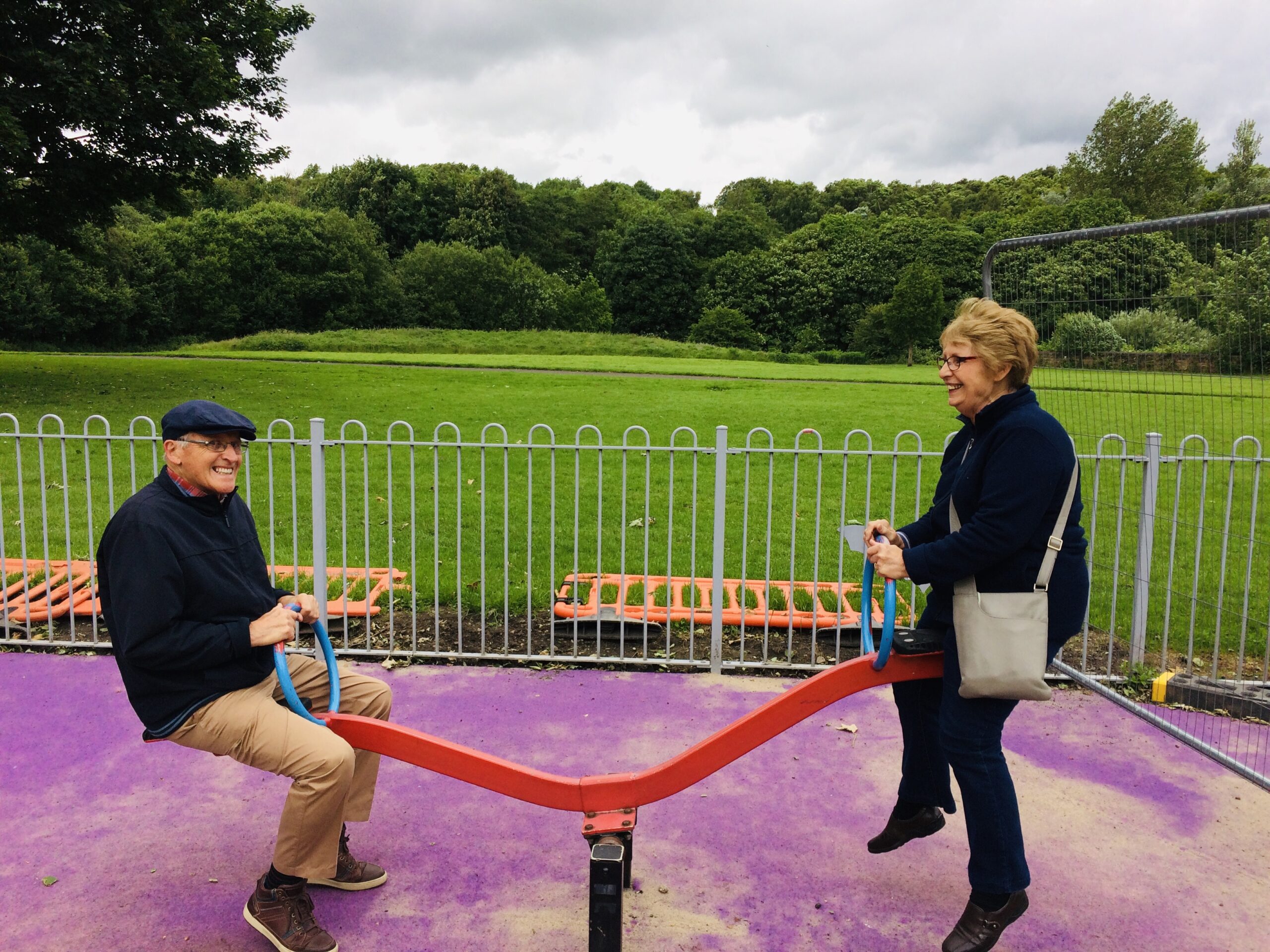A community circle is a person-centered and holistic approach aimed at providing support and assistance to individuals or families.
It involves a trained facilitator bringing together different people including family, caregivers, friends, neighbours and professionals to form a supportive network around a person who has cause to draw on support to live their life.
Community circles promote active collaboration and mutual aid within a community, encouraging individuals to share experiences, concerns, and resources. These circles operate on the principle that solutions to social care challenges often lie within the community itself.
The process emphasises empowerment and inclusivity, ensuring that what matters to the person seeking support is central to decision-making. They use person-centred methods and tools to identify the things that are important to people and then plan and act to achieve these things – increasing wellbeing, combatting loneliness, building community connections and improving care outcomes.
By harnessing the collective wisdom and resources of the community, circles create a supportive environment where individuals are encouraged to lead fulfilling lives while receiving the necessary care and assistance, ultimately strengthening the social fabric of the community.



